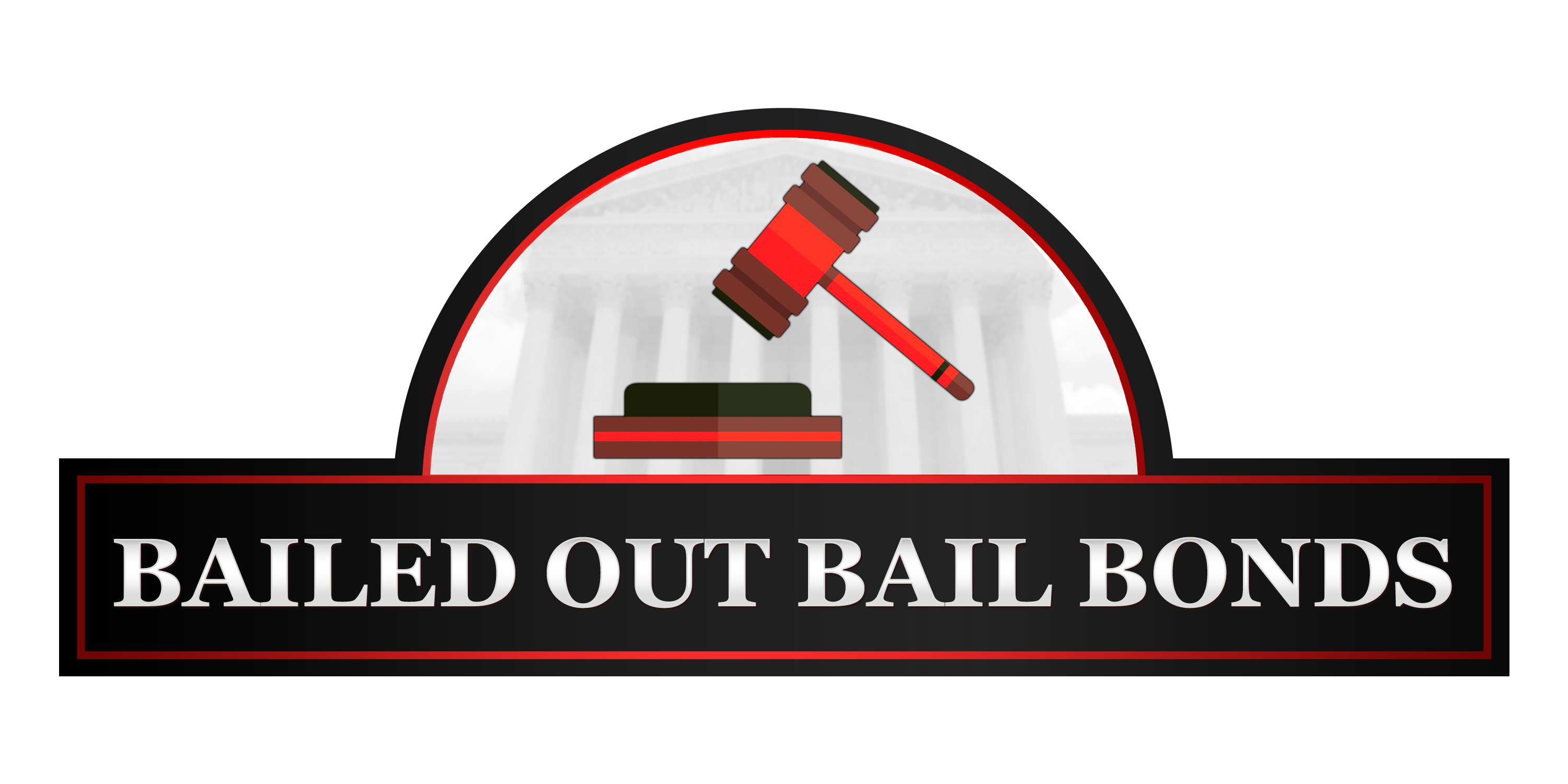If you or someone you know ever finds themselves in trouble, make sure you find the most reputable Gainesville bail bondsman. If you’ve never been in this type of situation before, you might be wondering what you need to do, & what the bail process entails. We’ll give you a hint, there is a lot more to the process than a judge sitting on the bench, banging his gavel & yelling,“Bail is set at $25,000!” Here are five things you need to know when it comes to underst&ing bail bonds.
- What is a bail bond?
A bail bond is essentially used to ensure that when an individual is released from jail, they will appear in court for the assigned court date(s).When an individual posts bail, they are making a deal with the court that they will show up to all their scheduled court dates, & in return the court agrees to return the bail money once the trial is finished. If the individual misses one court date, the bail money is immediately forfeited. Even if convicted, an individual who kept their end of the agreement with the court will receive all their bail money back at the end of the trial.
Once arrested & bail has been set, the individual can post bail & be released. If they do not have the funds to post bail, or choose not to, they remain in jail until their case is over. Because it can take months from the time of the arrest for the trial to begin, individuals generally opt to post bail & be released. The problem is,the majority of people don’t have enough cash on h& to pay for bail themselves. Therefore, most people will use bail bonds to secure their release. When searching for bail bonds Gainesville FL, choosing a professional with experience can make all the difference in securing a timely release.
- How do bail bonds work?
When you hire a bail bondsman, you pay 10 percent of your bail amount to the bondsman, who will then post a bond to the court. This tells the court that the bondsman will ensure you show up for your court dates, or the bondsman will pay the full amount of bail.In addition to paying 10 percent of bail to your bondsman, most people get a signature from a gainfully employed immediate family member when posting a bond; however, if you are not able to come up with a signature, you will then need to provide enough collateral to make up the amount that the bondsman will pay on your behalf, in the event that you don’t show up for a court date.
In this situation, the bondsman is accepting most of the financial risk.To protect themselves, bondsmen have precautions established & put in place to ensure that you make all your court dates. In most cases, bondsmen prefer that a family member or friend put up the collateral for the bond. The thinking behind this is that with a family member’s or friend’s home on the line, you will be less likely to miss a court date. Most bail bondsmen will call & remind you about your upcoming court dates, & some might even require periodic check-ins at their office to ensure that you are still in town.
If you do miss a court date or skip town, & your bail bondsmen is unable to reach you, a bounty hunter will most likely be hired to track you down & turn you over to the authorities.
- How do I post a bond?
There are three different ways in which you can post a bond.
- Hire a bail bondsman
- Post cash for the full amount of the bond with the court or jail
- The judge can decide to let the defendant go on their own recognizance
- What should I know before I contact a bail bondsman?
For a bail bondsman to be able to help you, you’ll need to provide certain information. This includes:
- Where the individual is being held in custody, including city, state, & the name of the jail.
- Full name of the individual in jail.
- Bail amount. If you do not know the amount, the bail bondsman can get this information when they contact the jail. Once they know the amount, the bail bondsman can tell you the how much it will cost to post bail & the requirements to get the individual released from jail.
- What do bondsmen accept as collateral?
Each bondsman will have different policies that determine what they will & will not accept as collateral. Some examples of collateral that most bondsmen will accept include:
- Real estate
- Cars
- Credit Cards
- Stocks
- Bonds
- Jewelry
- Personal credit
It is always best to check with your bail bondsman & ask them specifically what they will or will not accept as collateral.
Underst&ing the process & information pertinent to bail bonds will help streamline any situation of arrest you may experience. If you need more information, or wouldlike to speak with a Gainesville bail bondsman, please contact us, & we’ll be happy to answer any questions you might have or help you get a bail bond.


Recent Comments